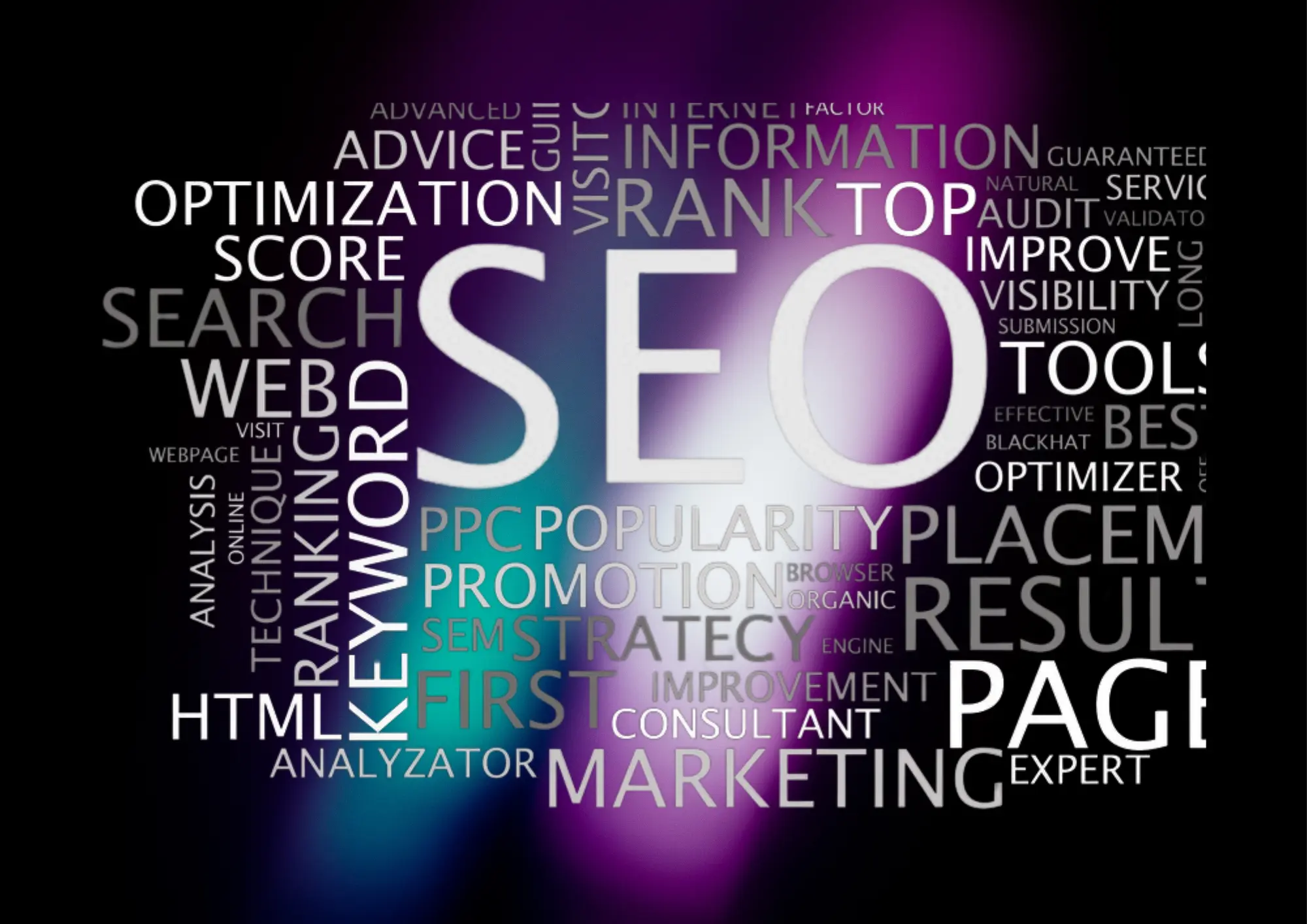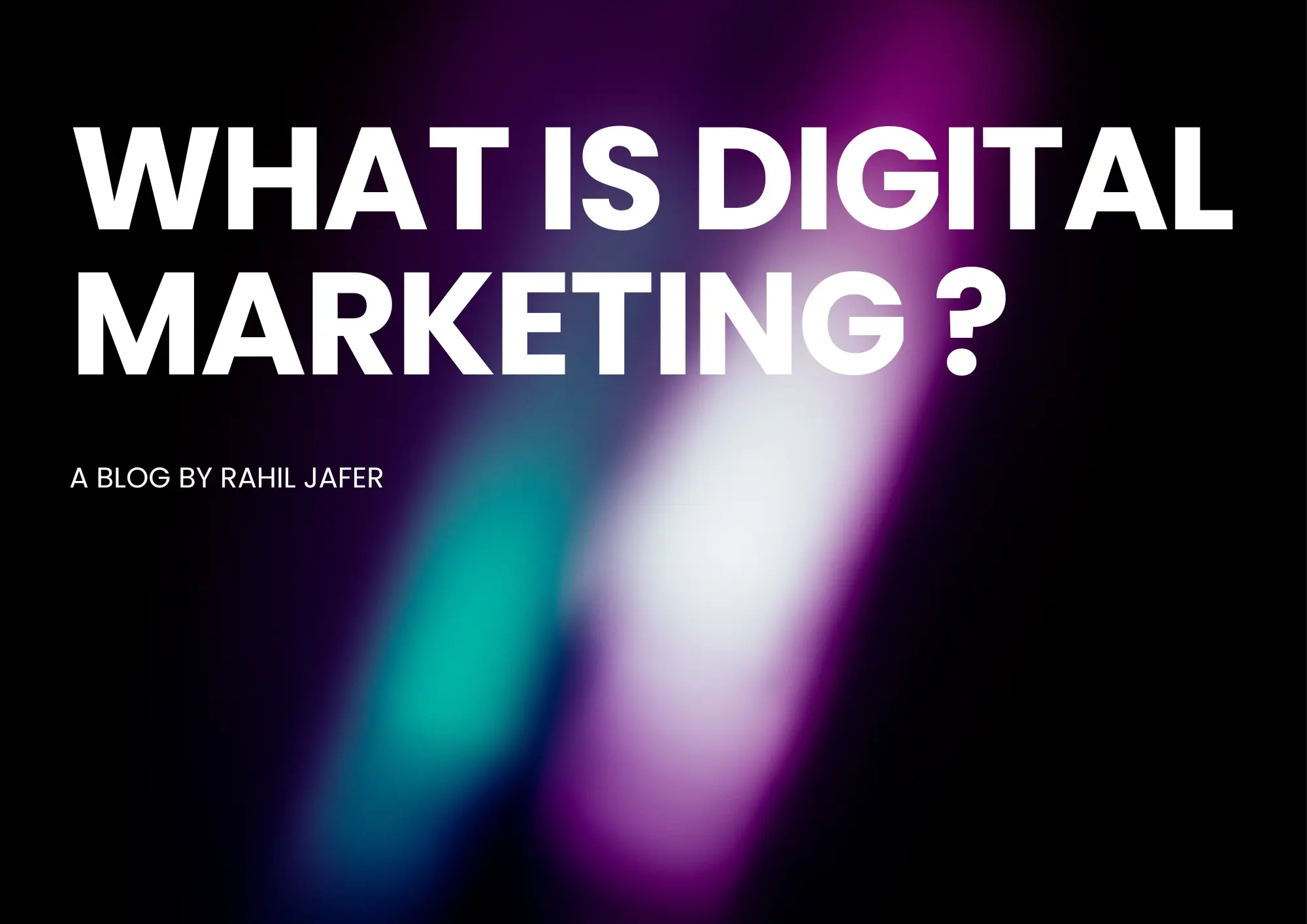Table of Contents
Digital marketing refers to the strategic promotion of products or services using various online channels and technologies to connect with target audiences. It encompasses a wide range of tactics, including Search Engine Optimization (SEO) to improve website visibility, Social Media Marketing (SMM) for engaging customers on platforms like Facebook and Instagram, and content marketing to provide valuable information that builds brand authority. Additionally, it includes email marketing for direct communication, Pay-Per-Click (PPC) advertising for immediate visibility, and influencer marketing to leverage trusted figures for authentic promotions. Overall, digital marketing aims to create meaningful interactions that drive brand loyalty and conversions in an increasingly digital world.
Scope of Digital Marketing
The scope of digital marketing is extensive and continually growing, encompassing a range of strategies that allow businesses to reach and engage their target audiences effectively. It includes Search Engine Optimization (SEO) to enhance online visibility, Social Media Marketing (SMM) for fostering customer relationships on platforms like Facebook and Instagram, and content marketing to establish authority through valuable information. Additionally, email marketing nurtures leads with personalized messages, while Pay-Per-Click (PPC) advertising provides immediate visibility. As technology evolves and consumer behavior shifts, digital marketing offers innovative solutions for businesses to connect with their audiences and drive growth in the digital landscape.
Techniques of Digital Marketing
Digital marketing encompasses various techniques to reach and engage target audiences online. Key methods include Search Engine Optimization (SEO) to improve website visibility and drive organic traffic, and Pay-Per-Click (PPC) advertising, where businesses pay for each click on their ads. Content marketing creates valuable content like blogs and videos to attract customers, while Social Media Marketing (SMM) uses platforms like Instagram and Facebook to build brand awareness and foster relationships. Email marketing sends personalized messages to nurture leads, and Affiliate and Influencer marketing leverage partnerships for promotion. Conversion Rate Optimization (CRO) enhances websites to increase conversions, and video marketing engages users creatively. Finally, web analytics allows marketers to track and optimize campaigns, ensuring businesses maximize their digital marketing efforts.
1. Search Engine Optimisation (SEO)

Search Engine Optimization (SEO) is a crucial component of digital marketing that focuses on enhancing a website’s visibility in search engine results pages (SERPs). By improving the ranking of a website, SEO aims to drive organic (non-paid) traffic from search engines, making it an essential strategy in the realm of digital marketing. The primary objective of SEO within digital marketing is to connect businesses with potential customers who are actively searching for relevant products or services online.
In the context of digital marketing, SEO encompasses techniques and best practices categorized into three main areas: on-page SEO, off-page SEO, and technical SEO. On-page SEO focuses on optimizing content and elements within a website, including strategic keyword usage, title tags, meta descriptions, and headings, which helps improve search rankings. This makes on-page SEO a fundamental aspect of any digital marketing strategy. Additionally, SEO is an ongoing process, as search engine algorithms constantly evolve. Businesses must regularly analyze their SEO performance through web analytics and make data-driven adjustments to ensure their efforts align with changing standards and user behavior.
In summary, SEO is a vital component of digital marketing that enables businesses to increase their online visibility, attract targeted traffic, and ultimately drive conversions. By integrating effective SEO strategies into their digital marketing efforts, companies can enhance their brand awareness, establish authority in their industry, and achieve long-term growth in the competitive digital landscape.
On page SEO
This involves optimizing individual web pages to rank higher in search results. Key elements include:
- Keyword optimization in titles, meta tags, and content.
- Internal linking structure.
- Proper use of headings (H1, H2, etc.).
- Image alt texts and multimedia content optimization.
- Content relevance and quality.
Off page SEO
This focuses on actions taken outside the website to improve its ranking, primarily through:
- Building high-quality backlinks from authoritative websites.
- Social media engagement.
- Online reputation management (reviews, mentions).

